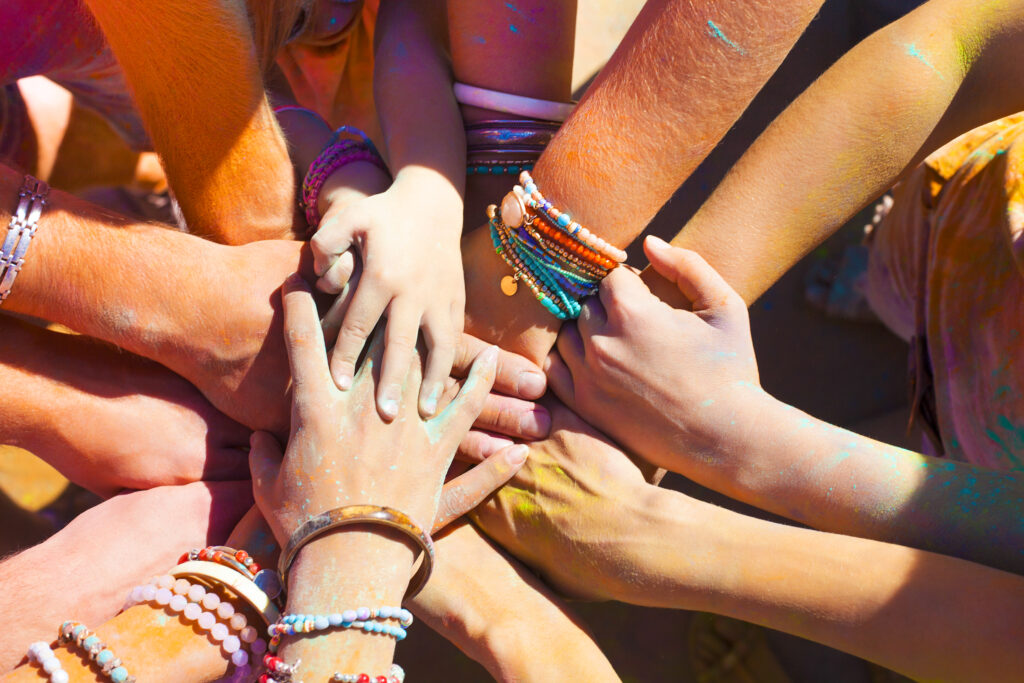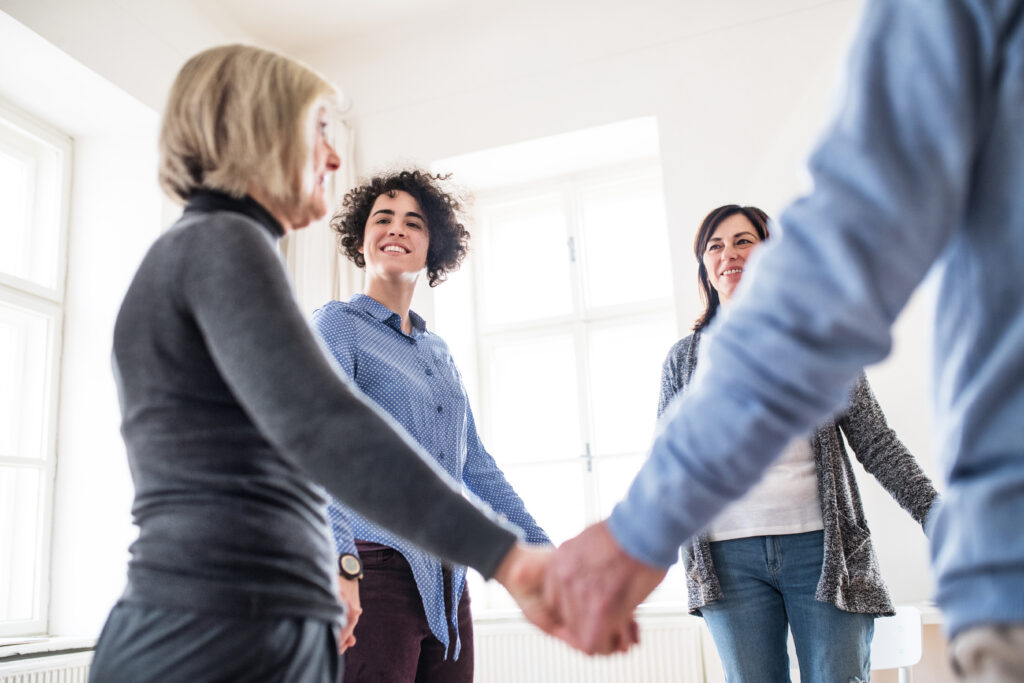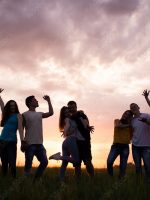Client
Services
Thrive offers licensed and accredited prevention, treatment and recovery programs for youth, families, and adults.


Our prevention strategies empower youth, families, and the broader community with the tools needed to make healthy choices, build resilience, and prevent substance misuse. We address both immediate risk factors and long-term protective measures to foster healthier futures.
Program Strategies
Strengthening the Foundation for Wellness
Thrive’s Universal Prevention programs serve all youth across Indian River County, providing education and life skills training in both school and community settings. By implementing evidence-based curricula, we cultivate skills such as emotional regulation, decision-making, and healthy coping strategies. Our partnerships with schools and youth-serving organizations ensure consistent access to resources that promote mental health, prevent substance misuse, and equip youth to thrive under life’s challenges. These programs serve as a cornerstone in establishing positive habits that extend into adulthood.
Key features include:
- Life skills training to improve self image, decision making, stress management, and goal-setting.
- Collaboration with educators, caregivers, and community partners to provide structured, ongoing support.
- Integration of substance misuse prevention messaging in everyday learning environments
Personalized Interventions for At-Risk Youth
For youth identified as engaging in risky behaviors, Thrive offers customized interventions designed to meet their individual needs. Each participant undergoes an intake assessment to identify specific risk factors and challenges. Based on this assessment, prevention specialists develop a tailored plan that includes both one-on-one and group sessions. Specialists provide evidence-based curricula, including LifeSkills Training, Prevention Plus Wellness, Teen Intervene, and Decision Points. Sessions address trauma, stressors, and external influences while equipping youth with tools to navigate difficult situations. Family involvement is central to this approach, with parenting groups and family sessions offered to build a strong, supportive foundation at home.
Services include:
- Individual risk assessments and ongoing evaluations.
- Group and individual sessions led by trained prevention specialists.
- Parenting support to improve communication and foster healthy family dynamics.
- Drug testing to monitor progress and identify needs for additional support.
Creating Positive Change Together
We believe that prevention works best when the entire community is engaged. Thrive partners with local leaders, organizations, and coalitions to promote a culture that discourages substance misuse. Through awareness campaigns, community events, and skill-building workshops, we address broader social and environmental risk factors. Thrive’s coalition efforts extend to hosting educational events, such as Overdose Awareness Summit, Marijuana Forum and Underage Drinking Town Hall, to raise community-wide understanding and commitment to prevention.
Key community initiatives include:
- Talk. They Hear You.–Helping parents start early conversations with their children about the risks of alcohol and other substance use.
- One Pill Can Kill–Raising awareness about the dangers of counterfeit drugs.
- Most Teens Don’t–Promoting positive social norms to counter misconceptions about teen substance use.
Our CARF-accredited recovery services provide compassionate, evidence-based care for individuals facing substance use and co-occurring psychiatric conditions. We offer a full continuum of care that blends clinical expertise, peer mentorship, and community support to empower clients on their recovery journey.
Program Strategies
Comprehensive, Personalized Care
Thrive’s treatment programs address the physical, emotional, and behavioral aspects of addiction through individualized care plans. Each client receives an assessment to determine their needs, strengths, and preferences. Treatment services are guided by the American Society of Addiction Medicine (ASAM) criteria, ensuring that clients receive the appropriate level of care at every stage of recovery.
- Day Treatment: A highly structured program offering 16+ hours per week of therapeutic services, including group counseling, experiential therapies (yoga, meditation, acupuncture), peer support, and case management.
- Outpatient Services: A flexible option for those needing less intensive care. Clients can participate in multiple group sessions per week while also receiving individual counseling, peer support, and case management. Clients undergo regular drug screening to monitor progress, and treatment duration typically ranges from 3 to 6 months based on each individual’s journey.
Mentorship and Stability for Sustainable Recovery
Our peer support and recovery assistance services empower individuals on their path to lasting recovery. Certified peer recovery specialists draw from their own lived experiences to guide and support clients, building trust, accountability, and hope. Peers provide mentorship, education on addiction and recovery, and personalized encouragement. Their involvement helps clients stay engaged in the recovery process while promoting self-reliance and long-term well-being.
Additionally, our structured housing program provides a stable environment where residents can focus on recovery, skill-building, and independence. The program is designed to support residents in three progressive phases:
- Phase 1:Immediate support for early recovery, including peer mentorship and foundational life skills development.
- Phase 2:Employment readiness and goal-setting to promote self-sufficiency.
- Phase 3:Transition planning to help residents reintegrate into the community with confidence and stability.
Residents benefit from a supportive community, ongoing counseling, and structured recovery services tailored to their unique needs and goals.
Empowering Loved Ones
Our Community Reinforcement and Family Training (CRAFT) program offers free support for loved ones of individuals with substance use disorders. CRAFT equips families and friends with skills to promote recovery through positive reinforcement, communication strategies, and self-care practices. Participants learn how to support their loved ones effectively while maintaining their own well-being. This program fosters healing within family dynamics and helps create a supportive environment for long-term recovery.



Talk. They Hear You.
For parents looking for resources to help you start—and keep up—the conversation about the dangers of drinking, alcohol and using other drugs with your children.

5 Things to Know About Narcan
What is Narcan or Naloxone, Is it Safe? How to use it and more are answered here by the CDC.

One Pill Can Kill.
Learn about the dangers one pill can have from counterfeit pills, the deadly doses of Fentanyl , and what you can do help others.

Words Matter.
Read on to learn more about what stigma is, how it affects people with Substance Use Disorder, and how you can help make a change.

